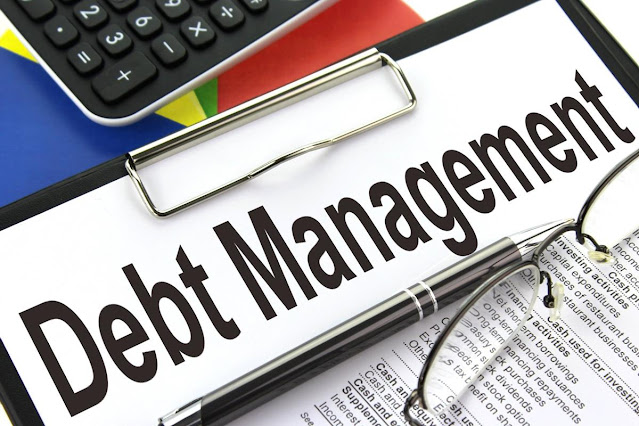Debt Management: Strategies for Paying Off Debt and Improving Your Credit Score
Debt can be overwhelming, stressful, and affect your overall financial wellbeing. Fortunately, there are strategies that can help you manage and pay off your debt, while also improving your credit score. In this article, we will explore some of the most effective debt management strategies, as well as tips for improving your credit score.
Understanding Debt
Debt can come in many forms, including credit card debt, student loans, car loans, and mortgages. While some debt may be necessary, such as a mortgage to purchase a home or a student loan to pay for education, it’s important to have a plan for paying it off and avoiding excessive amounts of debt.
The first step in debt management is understanding your debt. This means knowing how much debt you have, the interest rates on each debt, and your minimum monthly payments. You should also be aware of any fees associated with your debt, such as late fees or balance transfer fees.
Debt Management Strategies
Once you have a clear understanding of your debt, it’s time to develop a debt management strategy. Here are some of the most effective strategies for paying off debt:
1. Snowball Method
The snowball method involves paying off your debts in order from smallest to largest, regardless of interest rates. You start by making minimum payments on all of your debts, and then put any extra money towards the smallest debt. Once the smallest debt is paid off, you move on to the next smallest debt, and so on.
The snowball method can be effective because it provides a sense of accomplishment when you pay off your smaller debts, which can motivate you to continue paying off your debt. However, it may not be the most cost-effective method, as you may end up paying more in interest in the long run.
2. Avalanche Method
The avalanche method involves paying off your debts in order from highest to lowest interest rate. You start by making minimum payments on all of your debts, and then put any extra money towards the debt with the highest interest rate. Once that debt is paid off, you move on to the next highest interest rate debt, and so on.
The avalanche method can save you money in interest in the long run, but it may take longer to see progress, as you may not see a debt paid off for some time.
3. Debt Consolidation
Debt consolidation involves combining multiple debts into one loan, typically with a lower interest rate. This can make it easier to manage your debt, as you only have to make one payment each month. However, it’s important to carefully consider the terms of the consolidation loan, as it may extend the length of time it takes to pay off your debt and result in more overall interest paid.
4. Negotiate with Creditors
If you’re struggling to make payments on your debt, it may be worth contacting your creditors to discuss payment options. They may be willing to work with you on a payment plan or even reduce your overall balance if you’re experiencing financial hardship.
Improving Your Credit Score
In addition to paying off your debt, it’s important to focus on improving your credit score. Your credit score is a numerical representation of your creditworthiness, and affects your ability to obtain loans, credit cards, and even rent an apartment. Here are some tips for improving your credit score:
1. Check your credit report
Checking your credit report regularly is important to ensure that the information is accurate and up-to-date. You can obtain a free copy of your credit report from each of the three major credit reporting agencies once a year at annualcreditreport.com. Review your report carefully for any errors or inaccuracies and report them to the credit reporting agency to have them corrected.
2. Pay your bills on time
Payment history is the most important factor in determining your credit score. Late or missed payments can have a negative impact on your score, so it’s important to pay your bills on time. Set up automatic payments or reminders to ensure that you don’t miss any payments.
3. Reduce your credit utilization
Your credit utilization is the amount of credit you are using compared to your credit limit. A high credit utilization can negatively impact your score. Aim to keep your credit utilization below 30% and consider paying off your balances in full each month.
4. Avoid opening too many new accounts
Opening too many new credit accounts in a short period of time can have a negative impact on your credit score. It can also make it difficult to manage your finances and keep track of all of your accounts. Consider opening new accounts only when necessary and spacing out new account openings over time.
5. Keep old accounts open
Length of credit history is also an important factor in determining your credit score. Keeping old accounts open, even if they are not being used, can help to increase the length of your credit history and improve your score.
Conclusion
Managing debt and improving your credit score can be challenging, but with these strategies and tips, you can take control of your finances and work towards a debt-free future. Remember to always be mindful of your spending and make a plan to pay off your debt. With dedication and perseverance, you can achieve financial freedom.
